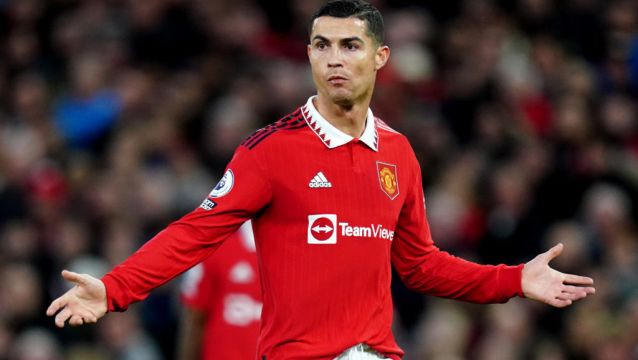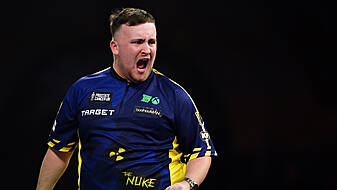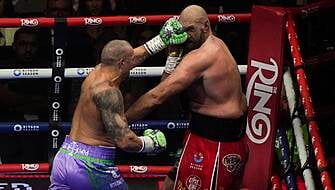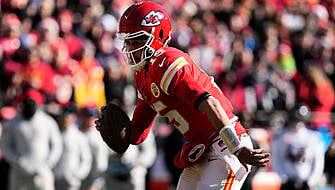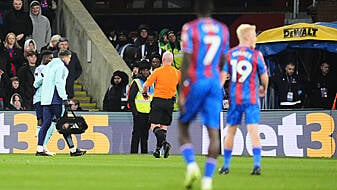Cristiano Ronaldo’s “betrayal” outburst is the latest note in his troubled season at Manchester United.
The Portugal great, who was left out of Sunday’s squad against Fulham, told TalkTV’s Piers Morgan Uncensored he felt betrayed at the club and that manager Erik ten Hag and the club’s hierarchy are trying to force him out.
If this is to be the end of Ronaldo’s Old Trafford return, the PA news agency assesses his impact in his second spell and how it compares to his first.
Influence
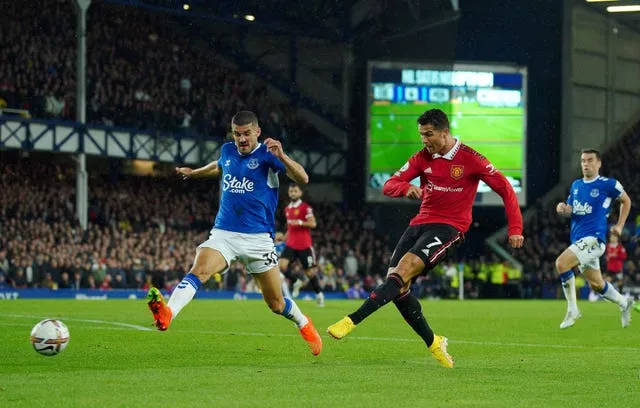
Ronaldo’s goals gained United 14 points last season, almost a quarter of their 58-point total and a tally exceeded only by his 31-goal season in 2007-08 when his efforts were worth 19 points.
He scored almost 42 per cent of United’s 57 league goals, breaking 40 per cent for the second time after 2007-08, and his effect on their win percentage was striking.
United won 14 of Ronaldo’s 27 starts, 51.9 per cent and, while that percentage was the lowest of his United career, their win ratio dropped all the way to 18.2 per cent in the games he did not start. They averaged 1.70 points per game with him in the XI, compared to 1.09 without.
It is a very different story this season, even though his one goal, as a substitute against Everton, turned a draw into a win and was therefore worth two points.
United have won only one of his four starts, against West Ham on October 30 when he captained the side, and have averaged just a point per game with him in the starting line-up compared to 2.20 without.
Changing style

Perhaps the biggest obstacle to success for Ronaldo is the incompatibility between an increasingly static ‘number nine’ and Ten Hag’s demanding pressing system.
Having made his name as a teenage winger after initially arriving from Sporting Lisbon in 2003, Ronaldo steadily took on more of a finishing role and, after his move to Real Madrid in 2009, evolved into an out-and-out centre-forward – and that is reflected in his level of involvement in the game and the nature of his contributions.
Having approached 2,000 total touches in the 2006-07 and 2007-08 Premier League seasons, he broke that threshold in 2008-09 and averaged 2,018 touches for those three campaigns – the earliest for which such data is available on the league’s official website.
Last season, by contrast, he was on the ball just 1,237 times in the league – in slightly less playing time, but the difference of around 300 minutes, or 11 per cent, from his average season before leaving is minimal compared to the near 40 per cent drop-off in involvement.
Adding in this season, 9.2 per cent of Ronaldo’s touches since returning to the club have been shots, up slightly on 8.9 per cent over his prolific scoring seasons before leaving.
The decline in his overall involvement, though, drops him from almost six shots per 90 minutes across those last three seasons of his first spell to just over four per 90 since his return.
He converted nearly 10 per cent of his shots in 2006-07 and 2008-09, to score 17 and 18 goals, and almost 18 per cent for his 31 goals in the intervening campaign. He needed to nearly match the latter figure for last season’s 18, converting 16.4 per cent of his attempts, and has one goal from 25 shots this term (four per cent).
More noticeable is the increase in passing which now accounts for over 70 per cent of his touches, compared to 58.5 per cent before his departure. The combined figure is up from 67.4 per cent to 79.9 per cent, painting Ronaldo as a pass-or-shoot focal point in a system built on fluid movement and high energy.
Ageing impressively

Despite his current slump, Ronaldo still has more Premier League goals aged 37 than any other player – the goal against Everton was his 11th, one more than Teddy Sheringham.
Sheringham went on to score a further nine, becoming the only 40-year-old to score in the Premier League, to leave him with a record 19 after turning 37.
Ronaldo would need to somehow come back into the fold and add another eight to his tally to match that but ranks second ahead of Gary Speed, who netted nine times after his 37th birthday. Les Ferdinand (eight) and Graham Alexander (seven) complete the top five.
